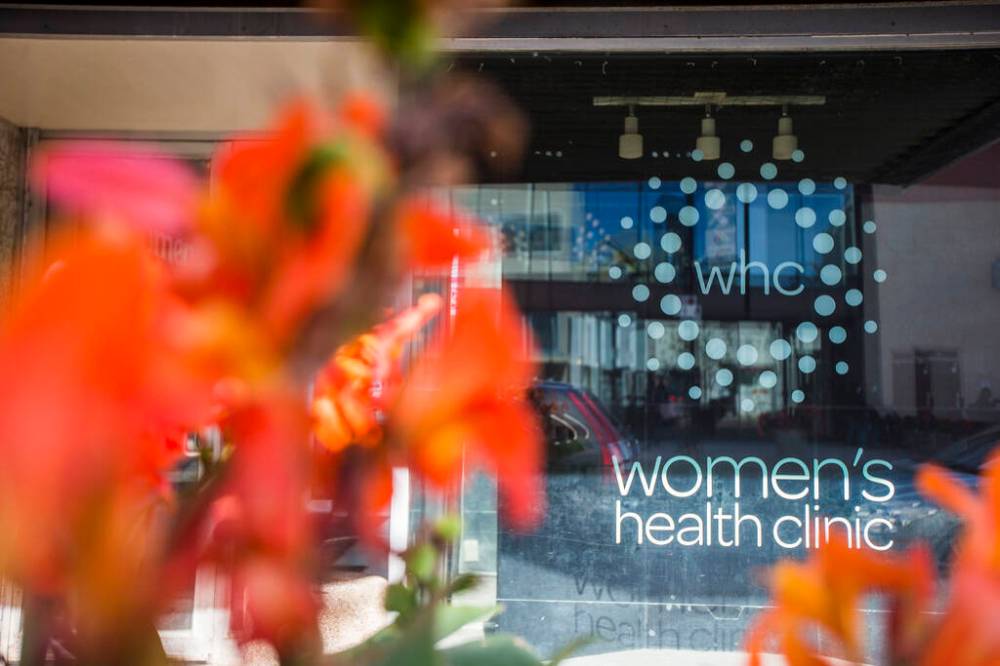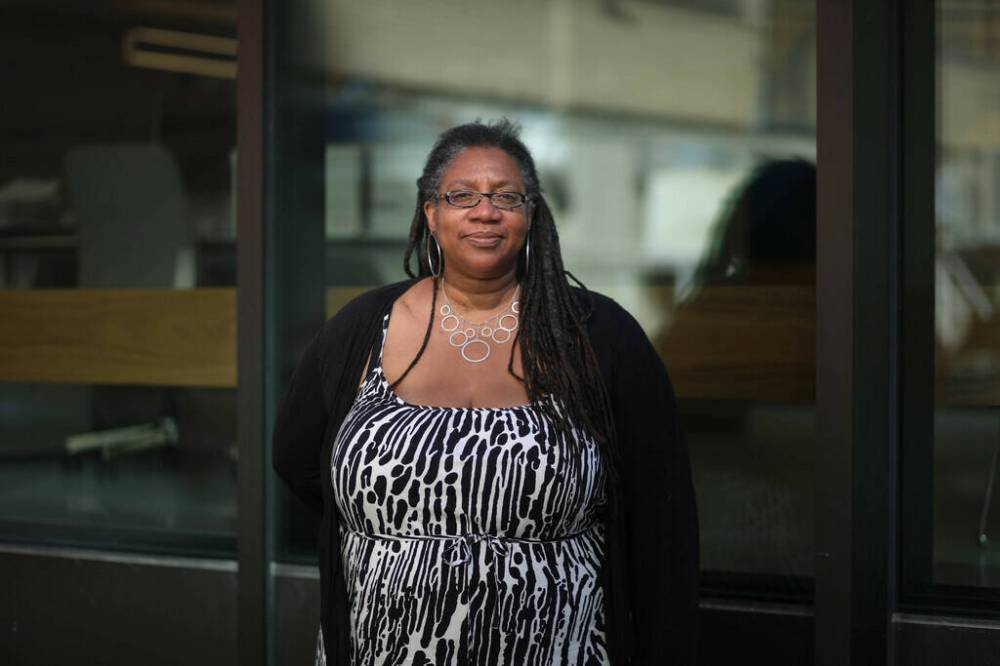Women’s Health Clinic denounces potential U.S. move against abortion rights
Advertisement
Read this article for free:
or
Already have an account? Log in here »
To continue reading, please subscribe:
Monthly Digital Subscription
$0 for the first 4 weeks*
- Enjoy unlimited reading on winnipegfreepress.com
- Read the E-Edition, our digital replica newspaper
- Access News Break, our award-winning app
- Play interactive puzzles
*No charge for 4 weeks then price increases to the regular rate of $19.00 plus GST every four weeks. Offer available to new and qualified returning subscribers only. Cancel any time.
Monthly Digital Subscription
$4.75/week*
- Enjoy unlimited reading on winnipegfreepress.com
- Read the E-Edition, our digital replica newspaper
- Access News Break, our award-winning app
- Play interactive puzzles
*Billed as $19 plus GST every four weeks. Cancel any time.
To continue reading, please subscribe:
Add Free Press access to your Brandon Sun subscription for only an additional
$1 for the first 4 weeks*
*Your next subscription payment will increase by $1.00 and you will be charged $16.99 plus GST for four weeks. After four weeks, your payment will increase to $23.99 plus GST every four weeks.
Read unlimited articles for free today:
or
Already have an account? Log in here »
Hey there, time traveller!
This article was published 04/05/2022 (1314 days ago), so information in it may no longer be current.
The Women’s Health Clinic in Winnipeg received a spike in calls after the release of a draft U.S. Supreme Court decision that would reverse abortion rights south of the border.
“That is scary for Canadians. It’s scary because people feel like someone will attack their fundamental right to choose what is right for them,” said Blandine Tona, director of medical programs for the clinic. Political and legal decisions in the U.S. tend to affect local abortion care — more people contact the clinic to access an abortion when access to it is threatened elsewhere, Tona said.
The clinic is one of two centres in Winnipeg that offers both medication (pill) abortions and aspiration abortion procedures, which are only performed in Winnipeg and Brandon. The Winnipeg facility issued a response denouncing Tuesday’s leaked U.S. Supreme Court draft that would overturn the landmark 1973 Roe v. Wade decision.

“Since yesterday (when) we learned about this, we had to staff the clinic additionally because of the callers. So the calls are increasing from Manitobans, because again, they are scared of what is happening there. That’s why we are feeling concerned,” she said.
“When people see that happening or just entertained as an idea, then they start feeling like it can happen to us, it can happen to them here.”
The clinic wants to assure the public it will continue to offer abortions, and is doing “everything we can” to increase abortion access across Manitoba, Tona said. This week, the clinic launched a new online intake form for Manitoba women — a coincidence made timely by the leak of the Supreme Court draft.
Previously, women had to call and leave a voicemail message with the clinic to book an abortion. Their calls would be returned in a few days — if their message was clear and staff was available.
“Sometimes we cannot understand a person well, sometimes we can miss a number, making it difficult and some people would have to call back after a few days… to get the service, because we didn’t get the information in the first place,” Tona said.
Now, women can provide their information securely online and clinic staff will call to book the appointment. It’s something that’s been in the works for months, since the clinic dealt with pandemic declines in staff and an increase in requests for abortion care.
Abortion was decriminalized in Canada in 1988. Unlike in the U.S. as a result of Roe v. Wade, it is not a constitutionally protected right.
The local clinic is not releasing statistics that would reveal how many Manitobans seek abortions or access to the abortion pill Mifegymiso, which is covered by Manitoba Health.
Tona said demand for abortions has always exceeded the clinic’s estimates.
“Even during the pandemic, when we had thought that maybe services would be reduced, it was probably one of the services that actually has increased.”

Although it’s considered an essential health service, abortion access is still a challenge in rural Manitoba. Some physicians do not want to perform them and some pharmacists do not want to carry the abortion pill.
The clinic is working to set up an online interactive map of Manitoba that shows where to get the medication; it’s also working to build a network of abortion providers.
As staff called around to pharmacies as part of the mapping, they encountered resistance in some areas, Tona said.
“Sometimes it was a difficult conversation for my staff,” with pharmacists saying “I will never have that here,” she said.
Mifegymiso became available under universal health coverage in Manitoba on Sept. 3, 2019. But many physicians do want to learn how to properly offer the drug in their practice. About 20 health professionals participated in training offered by the clinic last year, and an additional training session is planned for later this year, Tona said.
“Our services are available and they will remain available as long as (we all) are standing together in saying it’s our body, it’s our choice.”
katie.may@freepress.mb.ca

Katie May is a general-assignment reporter for the Free Press.
Our newsroom depends on a growing audience of readers to power our journalism. If you are not a paid reader, please consider becoming a subscriber.
Our newsroom depends on its audience of readers to power our journalism. Thank you for your support.
History
Updated on Wednesday, May 4, 2022 4:55 PM CDT: Updates with final version







